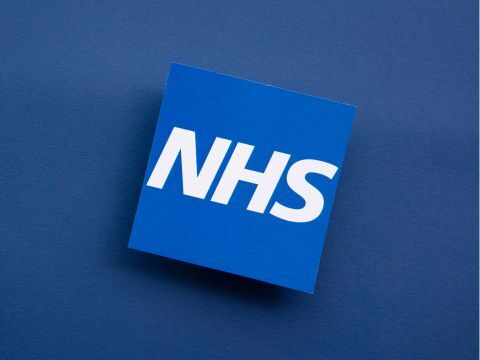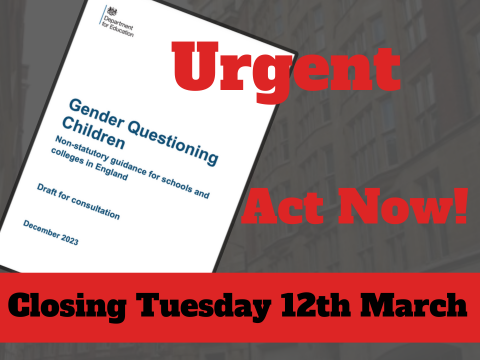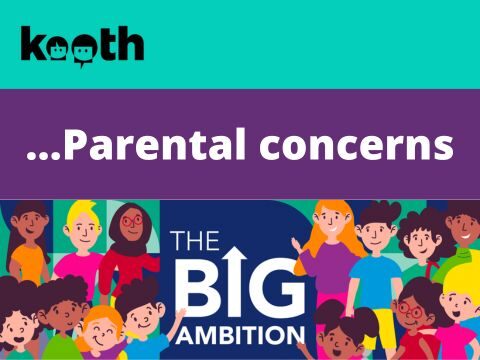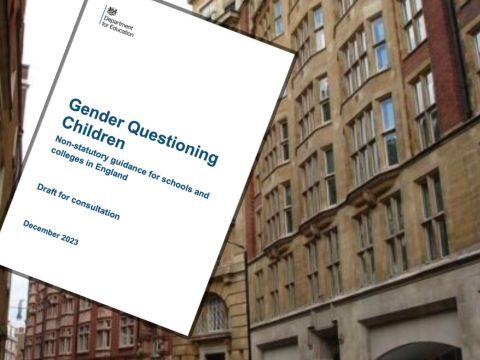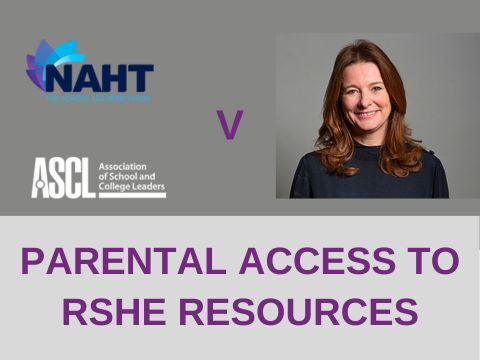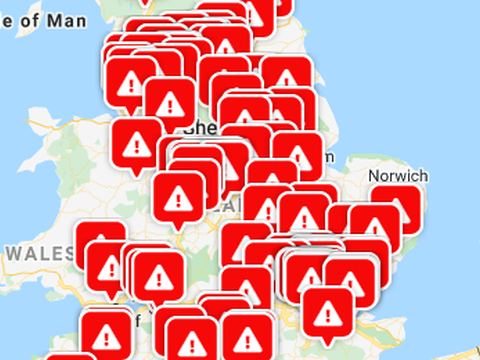



Notable founding members included the actors Ian McKellen, Michael Cashman and Pam St Clement (the latter two known for their roles in BBC soap opera Eastenders); and journalists and broadcasters, including Duncan Campbell, Matthew Parris (also a former Conservative MP), and Simon Fanshawe. The organisation was named after the famous “Stonewall Riots” of 1969 — the violent protests in response to Police action against the Mafia-owned Stonewall Inn bar in New York, where illegal activity had been allegedly taking place. But despite the radical sounding name, Stonewall’s strategy has always been to take over the establishment rather rebel against it. Stonewall has always been self-confessedly elitist as a lobby group, rather than a democratic membership organisation. As its former leader Ben Sommerskill also noted, “we have never said we speak for all lesbian, gay and bisexual people.”
Stonewall has also been concerned with influencing the education of our children from its inception. The organisation was in fact formed in 1989 as a response to the then Conservative Government’s introduction of Section 28— an amendment to the Local Government Act 1988 which stated that a local authority ”shall not intentionally promote homosexuality or publish material with the intention of promoting homosexuality”, or “promote the teaching in any maintained school of the acceptability of homosexuality as a pretended family relationship”.
The legislation had been brought in due to increasing concerns about the way left-wing Labour-controlled local authorities, most prominently the Greater London Council and a number of London Boroughs, had been funding homosexual groups and promoting homosexuality to school children. There had been much political controversy concerning the use in schools of publications such as Jenny Lives with Eric and Martin (1983) and Young, Gay and Proud(1980). As Jill Knight MP, one of the authors of the Section 28 amendment, stated later in Parliament:
I was contacted by parents who strongly objected to their children at school being encouraged into homosexuality and being taught that a normal family with mummy and daddy was outdated. To add insult to their injury, they were infuriated that it was their money, paid over as council tax, which was being used for this. This all happened after pressure from the Gay Liberation Front. At that time I took the trouble to refer to their manifesto, which clearly stated: “We fight for something more than reform. We must aim for the abolition of the family”. That was the motivation for what was going on, and was precisely what Section 28 stopped. (6th Dec 1999).
Tragically the aims of Gay Liberation Front became ever more mainstream, with the resulting deconstruction of our nation’s moral and social foundations. Abolishing Section 28 quickly became the cause célèbre of the liberal left, as well as galvanising the homosexual lobby, spearheaded by Stonewall and other more radical groups such as Outrage. However, with the continuing rise of the secular sex education agenda in schools, Section 28 was already regarded as widely redundant when it was finally repealed by Tony Blair’s Labour Government in 2003 (and 2000 in Scotland).
Stonewall was able to attach itself to the pro-LGBT Labour Government which came to power in 1997 and, with the door very much open to them, could engage more in policy development. As well as the repeal of Section 28,some of its most celebrated legislative achievements, included:
- The legalised adoption of children by homosexual and unmarried couples (2002 Adoption and Children Act), so adopted children were no longer protected by the stability of natural marriage.
- Lowering the age of consent for acts of sodomy to 16 years old (Sexual Offences (Amendment) Act 2000 (it had previously been 21 since its decriminalisation in 1967)
- The Civil Partnership Act 2004 (which effectively gave homosexual couples civil marriage status in all but name)
- The Equality Act (Sexual Orientation) Regulations 2006, which placed the recently coined concept of “sexual orientation” on a par with characteristics such as disability and race in anti-discrimination law — to be joined also by “gender reassignment” in the Equality Act 2010)
- Establishing the subjective concept of “homophobic hate crimes” and “hate incidents” via the Criminal Justice Acts of 2003 and 2008, which, as well as negating the concept of “everyone equal before the law” by creating hierarchies of victimhood, has influenced in many cases the suppression of free speech and expression on matters of morality and health
- Enabling the further commodification of children conceived through IVF, with homosexual couples able to be recognised as the legal parents of donated embryos, or those children fertilised from donated sperm or eggs. (Human Fertilisation and Embryology Act 2008)
The deconstruction of natural marriage and the family achieved its most influential milestone with the passing of the Marriage (Same Sex Couples) Act 2013 under the Coalition Government. There was no democratic mandate for such a substantial change, not only to the law, but to the country’s social structures, since the proposal had not been put to the popular vote, or included in any of the main parties’ election manifestos (the only public consultation was on how the change should be implemented, not on whether it should happen at all). There was actually significant division within Stonewall over whether they should back the move (marriage, after all, had been under attack for decades as a ‘conservative’, ‘outdated’, ‘patriarchal’ and ‘heteronormative construct’), but with surveys showing the majority of their supporter base in favour of the change, their leadership got behind the campaign to push the Marriage (Same Sex Couples) Bill through.
A number of experts on family policy, sex education and ethics were amongst those who warned that the legalisation of ‘same-sex marriage’ would mean that schools would become a focus for the promotion of radical and explicit homosexual material to schoolchildren. In addition, ‘same-sex marriage’ would be used as a reason to silence objections by teachers and parents to explicit sex education. The Society for the Protection of Unborn Children (SPUC), for example, wrote to all secondary school head teachers in December 2012, warning them that the Marriage Bill, if enacted, would result in:
- Compulsory teaching of same-sex marriage
- Dismissal for teachers with a conscientious objection to teaching about same-sex marriage
- No opt-out for faith schools
- Further promotion of homosexual activity in schools
- Parents undermined.
To a large extent those warnings have become very prophetic, with the imposition of compulsory pro-LGBT Relationships and Sex Education in schools as a result of the passing of the Children & Social Work Act (2017), and resultant RSE Regulations (2019) and Statutory RSE Guidance (2019); as well as Government and OFSTED policies and practices justified by use of the Equality Act 2010 and its associated Public Sector Equality Duty.
Stonewall and LGBT Activism in Schools
Anti-bullying campaigns have long been the Trojan Horse by which LGBT ideology has been promoted in schools. No right-minded parent wants to see bullying of any kind in schools, for the protection of their own children and others, and it’s right that schools should have effective policies in place to deal with it — but that natural desire to protect children has in recent times been used by Stonewall and other pro-LGBT groups to promote an agenda that does very real harm to children.
Parent Power has reported on how misleading reports from Stonewall have been promoted to exaggerate the problem out of all proportion to reality. Headline statements such as “almost half of all LGBT pupils still face bullying at school for being LGBT” (Stonewall School Report 2017) and “9 in 10 secondary school teachers say their students are harassed / called names for being LGBT” (Stonewall Teachers Report 2014) create the impression that there is an ongoing epidemic of “homophobic bullying” in schools which can only be addressed by effectively turning every school into an LGBT indoctrination camp — by celebrating everything LGBTQ+ and making every part of the curriculum LGBTQ+ inclusive. Stonewall’s reports are marked both by heavy selection bias and an extremely wide definition of bullying, but their findings and recommendations are accepted unquestioningly by government and mainstream media alike. As a result, public policy and resource provision is very much skewed in favour of promoting the LGBT agenda in schools. Between 2016-20, for example, the Government spent nearly 60% (£4 million) of its declared £6.8 million funding on school anti-bullying campaigns on programmes aimed specifically at tackling “homophobic, biphobic and transphobic bullying”, as against programmes tackling bullying more generally (which also almost always include LGBT-related bullying anyway). However, what is clear from more reliable sources of research is that reported bullying on grounds of “sexual orientation” or “gender identity” represents only a small fraction of bullying incidents, the overwhelming majority of which are paid comparatively little attention, with many children being left to suffer in silence as a result. The fact that the Office for National Statistics, in its most up-to-date report on “sexual identity” (2018), notes that only 2.2% of the population currently identity as “lesbian, gay or bisexual” (with figures for transgenderism being unknown), further helps put the situation into a more realistic perspective.
Even the most recent 2020 survey from the pro-LGBT Ditch the Label foundation reveals that “attitudes towards my sexuality” was given as the main reason for being bullied by only 11% of respondents, compared, for example, to 47% who stated it was to do with “attitudes towards my appearance”. In fact, if anything the Ditch the Label survey demonstrates how the saturation of LGBT propaganda is schools has been counterproductive in preventing ‘homophobic bullying’, since that 11% figure has risen from 4% (2017) and 10% (2019) (one must also account for variations in sample size and emphasis of the surveys).The Department for Education is not exactly known for being unsympathetic to the LGBT agenda (they have had for a long time a large rainbow flag draped down the centre of their London Sanctuary House headquarters), but even their Bullying in England report (2018) provides a necessary countermeasure to the current LGBT dominance of school anti-bullying programmes. One in six 10-16 year olds reported being bullied, and groups cited as ‘more likely’ to receive such treatment included those who are disabled, have a long-term sickness, have special educational needs, are of white ethnic origin,or who are from an economically deprived family background. According to this government report, those identifying as ‘LGBT’ were not included amongst the groups most likely to experience bullying.
What does it mean to be a “Stonewall School & College Champion”?
More than 850 companies, charities, government departments and public authorities are signed up as Stonewall “Diversity Champions” — a programme which purports to ensure that all LGBT staff are “accepted without exception” in the workplace. There were much publicised concerns in the national press last year, in particular, relating to the fact that around 250 tax-funded public bodies (police forces, local councils, NHS trusts) were amongst those paying thousands each year to be part of this programme, which involves embedding Stonewall’s values and interpretation of ‘equality and diversity’ throughout every aspect of an organisation’s policies and practices — often in a way that goes well beyond what equality law actually requires, and which severely curtails the right and freedoms of others, who do not share Stonewall’s ideology, to “just be themselves” in the workplace.
Schools and colleges have long been a special target for Stonewall who have a range of programmes, courses and accreditations designed to help educational institutions impose the LGBT agenda on both all staff and pupils alike — or, as they put it, “to challenge bullying and celebrate diversity” by making the school “LGBT inclusive”. Becoming a “Stonewall Champion” involves paying a membership fee (determined by number of pupils) to get access to training and resources, and to receive “bespoke feedback and recommendations for improvement” from Stonewall’s “team of experts”. How the school then applies the recommendations is benchmarked against “the latest best practice”, and the degree to which they’ve abided by Stonewall’s “inclusion” agenda enables them to earn either a Bronze, Silver or Gold Champion Award respectively. Being a certified “Stonewall Champion”, and especially a holder of one of their awards (particularly the much coveted Gold one), enables a school then to easily box-tick and virtue-signal their commitment to “diversity”, “LGBT inclusion”, and fulfilling their Public Sector Equality so as to help ensure the highest possible OFSTED rating — especially when it comes to OFSTED’s judgement of a school relating to the “personal development” of its pupils. Indeed recent OFSTED guidance has stated that even primary schools may achieve no more than a “requires improvement” rating for “personal development” if they don’t, as they put it, “promote pupils’ awareness and understanding of all the protected characteristics effectively”. Independent faith schools, including Orthodox Jewish primary schools, have been amongst those already on the receiving end of such a threat from OFSTED actually being imposed.
So what does ensuring your school is “LGBT inclusive” mean, in practice? Taking into account Stonewall’s recommendations for schools from various publications, it is likely to include at least most of following:
- Staff are fully “trained” on adhering to Stonewall’s LGBT agenda, including “strictly enforced proper pronoun usage” (i.e. submitting to a colleague’s or pupil’s demand that they be identified as a member of the opposite sex, even where this might go against a staff member’s or pupils’ conscience)
- Everyone at school should fully support any child or staff member’s declaration of their “sexual orientation” or “gender identity”
- “Deal with homophobes and transphobes” – there must be absolutely no toleration of any dissent whatsoever from the ever-evolving orthodoxy of LGBT ideology.
- LGBT inclusive curriculum – every single subject taught, including resources used, must regularly incorporate gay and trans content and use of LGBT relationships and people as examples (even, for instance, in maths problems)
- Be willing to hide a child’s engagement in LGBT identifications and activities from their parents, including if they are starting to identify themselves as the opposite sex (“respecting student confidentiality”)
- Starting school LGBT and/or Pride Alliance Clubs(which can increase peer pressure on pupils to either identity as LGBT or otherwise support the LGBT agenda)
- Make sure the school offers gender-neutral toilets, changing rooms and other such facilities, and also have a gender-neutral uniform policy. Gender neutrality should be encouraged or enforced in other ways, including staff relating to everyone collectively in a gender-neutral manner (i.e. activities and language are discouraged which recognise or acknowledge “boys” and “girls” as distinct groups)
- Teachers should actively bring up LGBT people and topics in lessons (in a positive LGBT-affirming way, of course)
- Ensure especially that Relationships, Sex and Health Education is LGBT inclusive throughout, and that pupils learn about the full range of homosexual activities in a way that puts them at least on a par with natural sexual relations between a man and woman. Pupils should be directed to where they can obtain every kind of help, encouragement and support to engage in the LGBT lifestyle, including free forms of “protection” and treatment (via sexual health clinics etc) to help address or mitigate the natural consequences of those activities.
- Make sure the views and wants of LGBT-identifying pupils and students are always fully courted, accommodated and acted upon. Schools must “put LGBT children and young people at the centre of [their] LGBT inclusive work”.
Parent Power has published a special interactive map for concerned parents showing which schools around the country are Stonewall champions or otherwise endorsing the Stonewall agenda. Hopefully this will be a valuable resource in seeking to protect your children from LGBT ideology. If you have any information about further schools which should be on the map then please do let us know.
Dr Tom Rogers
Parent Power
